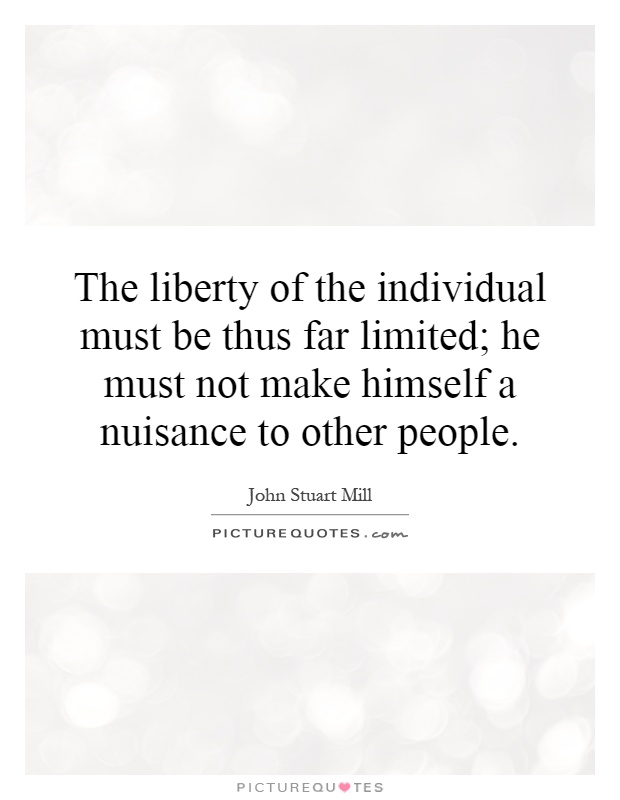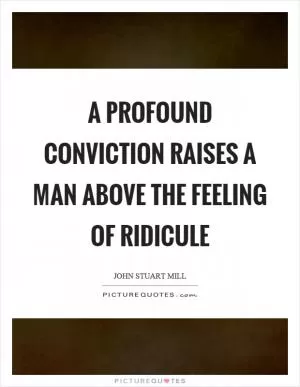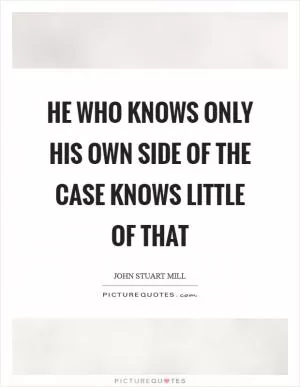The liberty of the individual must be thus far limited; he must not make himself a nuisance to other people

The liberty of the individual must be thus far limited; he must not make himself a nuisance to other people
John Stuart Mill, a prominent 19th-century philosopher and political economist, is well-known for his advocacy of individual liberty and the importance of personal autonomy. However, Mill also recognized that there are limits to this liberty, particularly when it comes to the potential harm or nuisance that one individual may cause to others. In his seminal work, "On Liberty," Mill argues that the liberty of the individual must be limited in order to prevent harm to others and maintain social order.Mill believed that individuals should be free to pursue their own interests and live according to their own beliefs, as long as they do not harm or interfere with the rights of others. He famously stated, "The only purpose for which power can be rightfully exercised over any member of a civilized community, against his will, is to prevent harm to others." This principle forms the basis of Mill's argument for limiting individual liberty when it comes to causing nuisance or harm to others.
According to Mill, making oneself a nuisance to others involves actions that disrupt the peace and well-being of society. This could include behaviors such as excessive noise, public indecency, or harassment of others. While individuals should have the freedom to express themselves and engage in activities that bring them joy, they must also be mindful of how their actions may impact those around them.
Mill believed that society has a legitimate interest in preventing individuals from causing harm or nuisance to others, as this can undermine the overall well-being and happiness of the community. By limiting the liberty of individuals in these cases, society can maintain order and protect the rights of all its members.












 Friendship Quotes
Friendship Quotes Love Quotes
Love Quotes Life Quotes
Life Quotes Funny Quotes
Funny Quotes Motivational Quotes
Motivational Quotes Inspirational Quotes
Inspirational Quotes